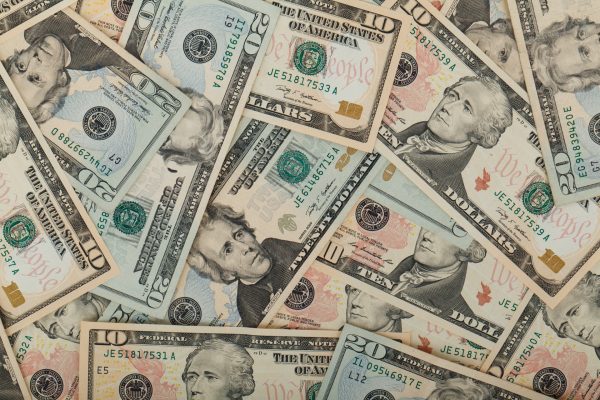A Government Accountability Office (GAO) report released in March 2019 found that the Centers for Medicare and Medicaid Services (CMS), the agency that administers the Medicare and Medicaid programs, paid roughly $3.2 billion in improper payments to home health companies in 2018. Improper payments accounted for 17.6% of all payments made by CMS to home health companies.
The GAO determined the primary cause of improper payments was “insufficient documentation” — accounting for $2 billion in overpayments, or 10.9% of all payments. The GAO report grouped together “all other error types” — which caused $1.2 billion in improper payments, or 6.7% of all payments. “All other error types” includes: no documentation, medical necessity, incorrect coding and any other categories of error types that would render a claim not payable.
Insufficient Documentation of “Homebound” Status
While explanations such as insufficient documentation may seem like an innocuous paperwork error, the GAO report highlights that the document that is “insufficient” is often the supporting documentation that demonstrates the patient is actually homebound and logically goes to the reason a person is eligible to receive taxpayer funded home-health care.
In general, Medicare and Medicaid documentation requirements define the documentation needed to ensure that services are medically necessary and demonstrate compliance with program coverage policies. For example, Medicare home health services must be supported by documentation demonstrating compliance with the coverage policy that beneficiaries be homebound, among other requirements.
Therefore, when a home health company enrolls and bills the government for care provided to a non-homebound patient, the payment is “inappropriate” and when the company has knowledge that patients are not homebound yet still bills the government for home health care it crosses the line to fraud.
Medicare Requirement of “Homebound Status”
Consequently, home health fraud cases often include allegations that patients are not homebound as defined by Medicare and therefore not eligible for the Medicare home health benefit. It follows that for a patient to receive tax-payer funded medical care in the home, that their medical condition is such that they require special assistance to leave their home or that leaving their home is medically contra-indicated. Specifically, the Medicare definition of “homebound,” which a patient must meet to be eligible for tax-payer funded home health care is: The patient must
Because of illness or injury, need the aid of supportive devices such as crutches, canes, wheelchairs, and walkers; the use of special transportation; or the assistance of another person in order to leave their place of residence
OR –
Have a condition such that leaving his or her home is medically contraindicated.
IF THE PATIENT MEETS THESE CRITERIA, THE PATIENT MUST ALSO
Have a normal inability to leave home; AND
Leaving home must require a considerable and taxing effort.
Home Health Companies Recruit Non-Homebound Patients
However, for-profit home health companies have routinely overlooked or knowingly ignored whether a patient actually meets the required criteria, including being homebound, to receive the Medicare home health benefit. Such policies result in ballooning numbers of patients on home health service, many of whom live normal lives — traveling around town, going out to dinner, going on occasional vacations. Meanwhile, home health companies falsely inform the non-homebound patients that they qualify for the Medicare Home Health Benefit. Allegations in home health cases often include home health salespeople pushing to unsuspecting patients that they “deserve” home health or that they have a “right” to the Medicare home health benefit — even if they initially refuse the tax-payer funded benefit.
The False Claims Act
The False Claims Act is a federal statute that has been utilized to combat home health care fraud. The False Claims Act, allows private citizens with knowledge of fraud against the government to file a lawsuit in federal court detailing the fraud they have witnessed. These lawsuits known as qui tam lawsuits are filed under seal and initiate a government investigation into the allegations. If successful, the private citizen who filed the qui tam lawsuit is entitled to 15-30% of the funds recovered by the government.
The False Claims Act and Home Health Fraud
In the home health fraud context, whistleblowers, known as relators are most often employees or former employees of the company committing fraud. Successful home health fraud whistleblowers have included nurses, therapists and other clinical employees as well as business oriented employees such as home health agency directors and corporate level employees.
Frohsin Barger & Walthall has significant experience in representing whistleblowers and prosecution home health fraud, including achieving the largest home health fraud settlement in United States history against Amedisys, which settled for $150 million. Frohsin Barger & Walthall’s client in that case, a registered nurse from Monroeville, Alabama, received $15 million as her share of the recovery.
Read the full GAO Report here
If you have knowledge of Medicare fraud, home health fraud or non-homebound patients on the Medicare Home Health Benefit, contact Frohsin Barger & Walthall






Talk with an Expert
Frohsin Barger & Walthall
Call 205.933.4006 or
Send us a Message